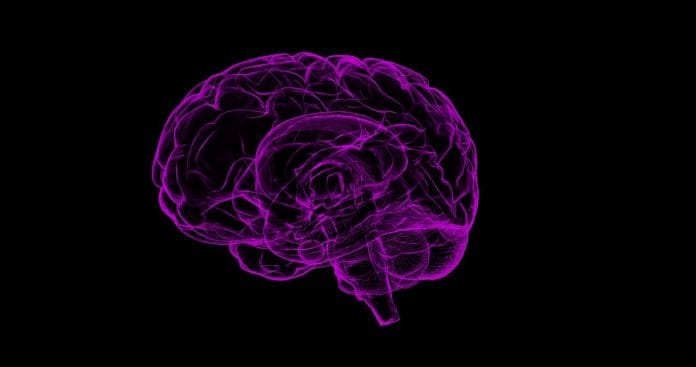New Delhi: Neurological disorders in India, including stroke, dementia and encephalitis, have more than doubled since 1990, a new study of statewide data has found.
These include non-communicable disorders such as stroke, headaches, epilepsy, cerebral palsy, Alzheimer’s and other dementias, brain and central nervous system cancer, Parkinson’s disease, multiple sclerosis, motor neuron diseases, and other neurological disorders, according to the study report published in The Lancet Global Health.
The study, put together by the India State-Level Disease Burden Initiative, is a collaborative effort between the Indian Council of Medical Research, the Public Health Foundation of India, the Institute for Health Metrics and Evaluation, and other academic experts and institutions, under the aegis of the Union Ministry of Health and Family Welfare.
“The rise of non-communicable disease-related risk factors, as leading contributors to neurological disorders and resultant disability in India, is not a surprise. It reflects the demographic, socio-economic and nutrition transitions that have steered the shift in our epidemiological profile over the past 30 years,” K Srinath Reddy, President, Public Health Foundation of India, said.
The silver lining is “much of the burden of disease and disability is related to modifiable risk factors which can be reduced at the population level and corrected at the individual level”, Reddy said.
High blood pressure, air pollution, dietary risks, high fasting plasma glucose, and high body-mass index are the leading contributors, the report said.
The study also estimated the burden of communicable neurological disorders such as encephalitis, meningitis, and tetanus, and injury-related neurological disorders such as traumatic brain injuries and spinal cord injuries.
“This research paper provides the first consolidated estimates on the burden of most neurological disorders for every state of India from 1990 to 2019,” Balram Bhargava, Director General, ICMR, said in a statement.
Also read: Is every scientific study genuine? BMJ throws light on ‘data fraud’ by countries, including India
Ageing population
“Neurological disorders contribute to 10% of the total disease burden in India. There is a growing burden of non-communicable neurological disorders in the country, which is mainly attributable to the ageing of the population,” he said.
The study also noted that stroke, headache disorders, and epilepsy are the leading contributors to neurological disorders burden in India. Stroke caused 699,000 deaths in India in 2019, which was 7.4% of the total deaths in the country. There were an estimated number 1·29 million incidents of strokes in India.
In 2019, the predominant contributor to total deaths caused by neurological disorders in India was stroke. It contributed to 68 per cent of the deaths caused by neurological disorders.
“While the burden of infectious neurological disorders has fallen in India, this burden is higher in less developed states. On the other hand, the burden of neurological disorders related to injury is higher in more developed states,” Lalit Dandona, director of the India State-Level Disease Burden Initiative, and senior author of this paper, said in a statement.
For the study, disease burden was estimated by calculating what is known as disability-adjusted life year (DALY) — which represents the number of years lost due to ill-health, disability or early death.
Neurological health of states
West Bengal had the DALY of stroke of 2,451 years per million people, followed by Chhattisgarh (2,371) and Tripura (2,295). Assam and Odisha are other states with high stroke burden.
Alzheimer’s and other dementias and encephalitis were the other top contributors to deaths caused by neurological disorders in India.
The burden of Alzheimer’s was highest in Kerala — 312 years per million people. In fact, the burden of Alzheimer’s disease in Kerala is estimated to be twice the average national burden of the disease (153).
The burden of tetanus, a bacterial infection that is preventable by vaccines, is the highest in Uttar Pradesh.
(Edited by Paramita Ghosh)
Also read Delta variant transmissibility likely to up Covid cases & pressure on healthcare, WHO warns






